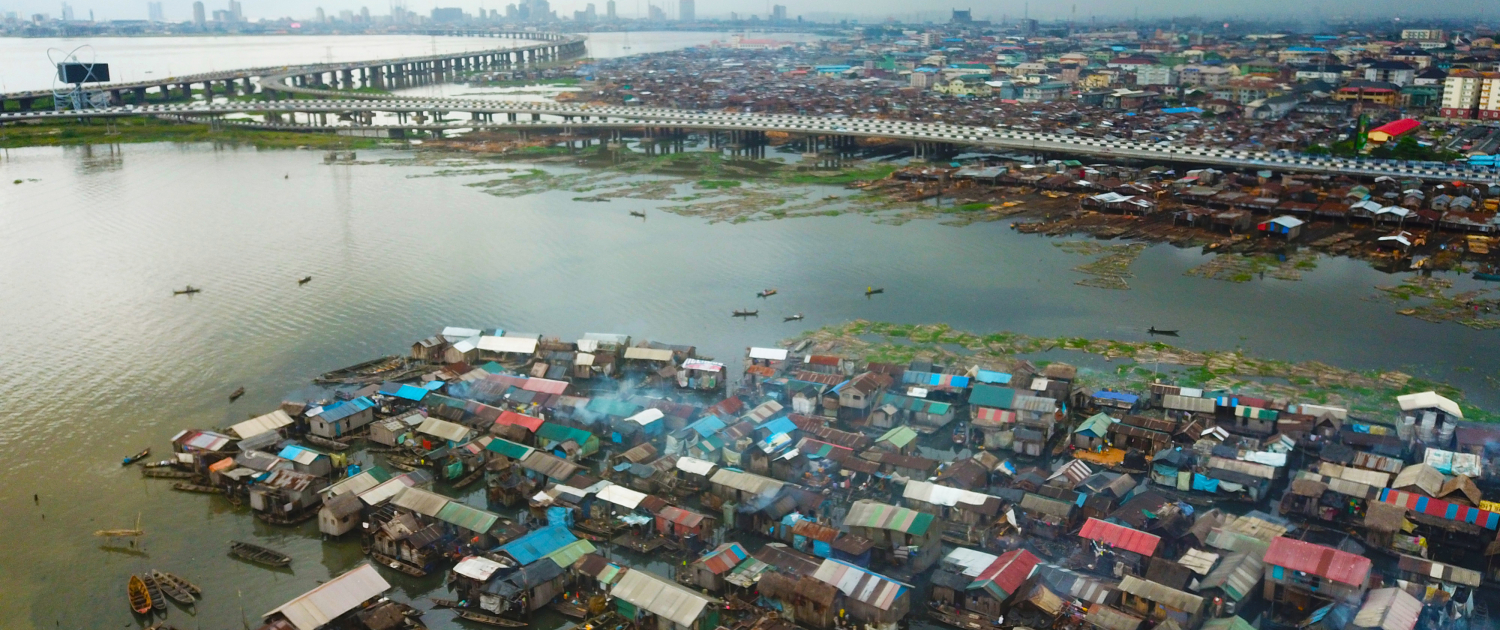Social opportunities associated with the growth of Lagos
The growth of Lagos has created a range of social and economic opportunities to improve the quality of people’s lives.
Access to services (health and education)
Health care throughout Nigeria is generally underfunded, underequipped and understaffed. In Nigeria, there are, on average, 0.4 doctors per 1000 people, compared to 2.6 per 1000 people in the UK. However, healthcare is better in Lagos than in rural areas, with greater access to doctors, clinics and hospitals. Public and private healthcare is available in Nigeria, though private hospitals are not necessarily better.
All children are offered a basic education by the Lagos State Government for their first 9 years. Lagos is home to many universities and training colleges. There are over ten universities in Lagos. Education a significant pull factor in attracting people to Lagos, particularly from rural areas.
Access to resources (water supply and energy)
Lagos offers a reasonable water supply, particularly when compared to rural areas. Many people access freshwater by digging wells or from public taps. Others buy fresh water from water vendors. The wealthier residents of Lagos tend to have fresh water piped to their homes. The Lagos Water Corporation claims to supply over 12 million people with water. The 2020 Water Master Plan aims to meet the rising demand through the construction of several water treatment plans.
Many rural areas in Nigeria do not have access to lighting and power. Despite access being better in Lagos, there are frequent power cuts which have a negative impact on industry, water supply and other services. Around 80% of the population of Lagos relies on diesel generators, however, these are one of the main causes of air pollution in the city. An ambitious project called Future Proofing Lagos – Energy Sector aims to provide 100% of the population with access to energy (up from 60%), and street lighting for residential and commercial areas. At least 20% of this energy will be produced by the renewable sector.
Related Topics
Use the images below to explore related GeoTopics.



